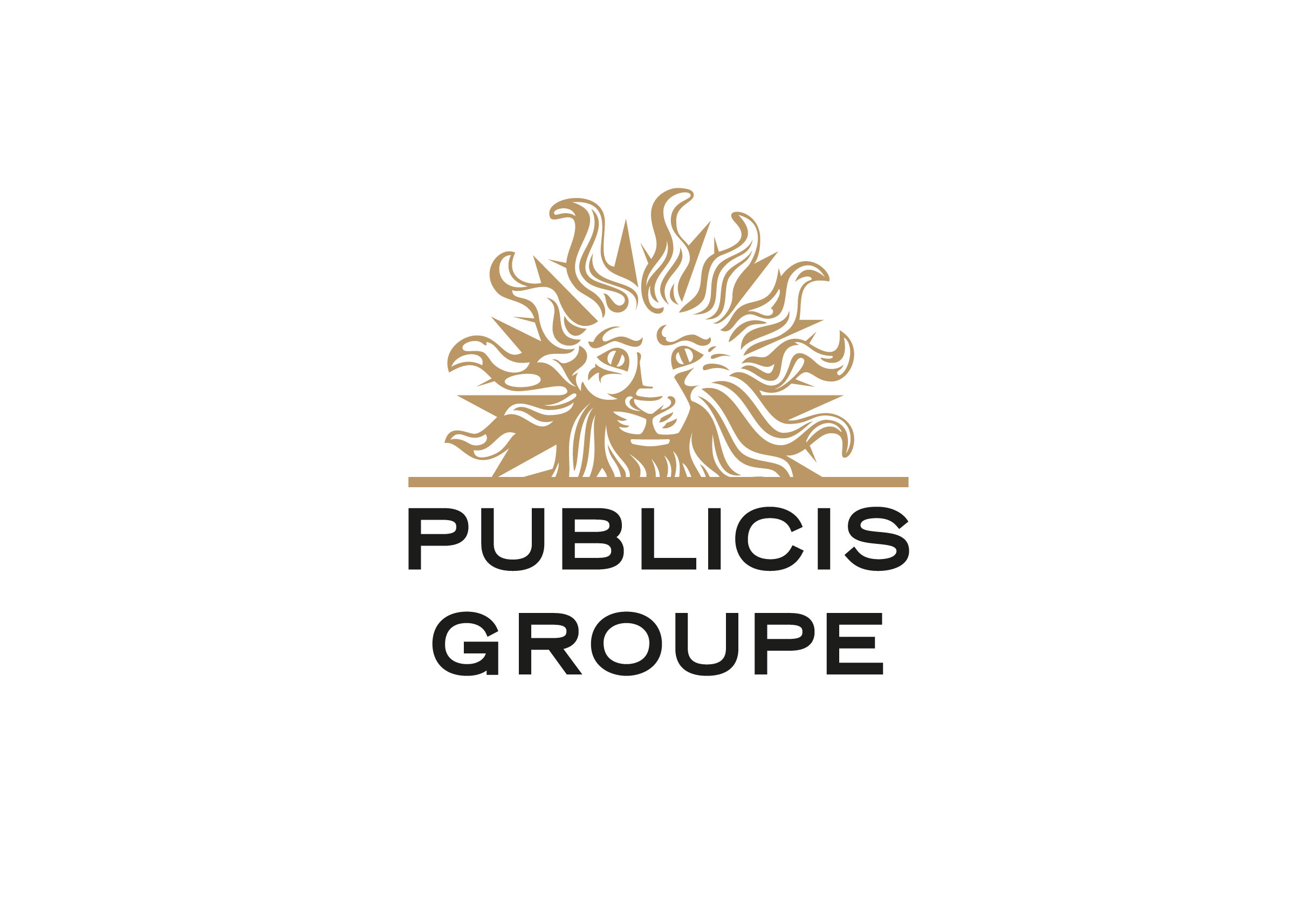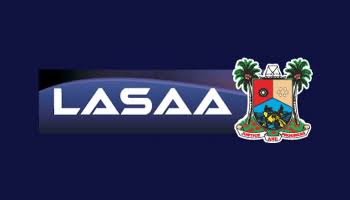By Kasim Bakare
The issue of affiliation and partnership in Nigeria’s Marketing Communications landscape has generated a lot interest among stakeholders in the industry in the last two decades. When a leading Nigerian agency announced a partnership with a global creative agency in the early nineties, analysts and stakeholders welcomed the development noting that a Nigerian agency had broken new frontiers in business partnership, leveraging the global influence of a renowned global creative agency.
Few years after, there were growing concerns on the propriety and benefits of foreign affiliation to agencies in the industry. What started as an effort at collaboration and innovation soon became a fad and a way to announce an agency’s arrival into the “Big League”.
Prior to the stated period, the 1972 Indigenization decree prohibited foreign affiliation and ensured that agencies were merely satisfied with up-scaling innovation while enhancing their capacity to perform optimally at local and global levels. The repeal of the indigenization decree in 1995 then gave rise to the penchant for foreign affiliations and partnerships in Nigeria’s advertising industry .
Among notable agencies on the affiliation train is foremost advertising group, DDB Lagos, formerly known as Complete Advertising Services(CASERS Group). The foremost creative agency announced its affiliation with global creative powerhouse, DDB, in 1999. In 2015, leading media buying agency, Media Fuse also announced a strategic partnership with London-based agency, Dentsu Aegis Network. The media buying agency is now known as Media Fuse Dentsu Aegis. In a similar vein, Troyka holdings, Nigeria’s largest marketing communication outfit announced a partnership with Paris based Publicise Group in 2016. Centrespread, one of Nigeria’s largest independent advertising communication groups was announced as the affiliate of a global creative powerhouse,the Grey Group. The affiliation led to the rebranding of the Nigerian agency to CentrespreadGrey.
For some analysts and stakeholders, affiliations are capable of decimating the creative ability of agencies to pitch for local briefs. There are also concerns by the regulator on the craze for foreign affiliations viz-a-viz its effect on the growth and development of the industry.
In this regard, it would be recalled that the Advertising Practitioners Council of Nigeria (APCON) constituted the 5th APCON Committee on Advertising Practice Reform (ACAPR) to address fears of foreign dominance of Nigeria’s advertising industry through these affiliations. A landmark recommendation of the committee stipulated that foreign agencies that wish to play in Nigeria’s advertising space could only own a maximum of 25 percent equity in the local agency.
Even as some advertising professionals hold strongly to the view that affiliation or partnership with foreign agencies has put the nation’s advertising industry in a disadvantaged position, others believe the move has provided opportunity to enhance growth and development of the burgeoning industry.
Stakeholders React
Contextualizing the issue, Femi Adelusi, MD/CEO Brand Eye/Mediaplus listed the possible benefits of affiliation to include; business acquisition and goodwill, capacity building and manpower development, financial discipline amongst others. However, he noted that affiliation should be rewarding to parties involved.
He said:” A good affiliation should be mutually rewarding to both parties along the areas of capacity building, training and manpower development. This can cut across in the area of managerial skills, thought leadership and executional excellence. It can also help agencies influence business and operational process improvement”.
According to the quintessential adman, affiliations portend a big opportunity for local agencies to acquire business through global account wins of their foreign affiliates. However, Mr. Femi Adelusi stated that the situation is usually demanding especially in terms of financial control and discipline as such affiliations demand the local agencies’ use of reputable global auditing firms to align with global financial standard in financial control and reporting. He noted that the pre-requisite is more key especially when the global affiliate is a quoted company on foreign stock exchange
Besides, Adelusi believes affiliations help local agencies to tap from the ideation and creative pool of foreign creative powerhouses. This, he affirmed, could be a vital advantage in winning local pitches based on fresh insight on data that differentiates the agency’s approach.
“Affiliation helps to boost the confidence of the team and sometimes help put a foot in the door when engaging prospective clients, partners, bankers, investor etc. With affiliations, competitive spirit is organically built within all the various agencies within the same group. It can bring lots of inspiration, exchange program opportunities, competition for growth, awards and creativity stimulation. These internal initiatives usually enhance the spirit of diversity, collaboration and comradeship.
He believes that an agency stands to gain significantly from having the right type of affiliation. He is quick to however admit that it does not imply that an agency without a global affiliation cannot grow and flourish.
On his own part, Paul Ugoagwu, MD STB McCann, noted that affiliations in the Nigeria’s advertising space appears to be mutually beneficial. Hear him:
“For the top dogs in Europe, America and South Africa, it is a market dominance and expansion strategy. For the local agencies in Nigeria affiliation launches them into the big league, especially if you clinch the accompanying lucrative retainer contracts and media spend. Some agencies in Nigeria will die quickly if they lose their foreign affiliation.
Continuing, he said:”Local agencies are not necessarily developed in the process. In essence, most of the work come from abroad and only adapted for local markets. Significantly, the big production budgets remain in the pots of soup of Europe and America.
According to Ugoagwu, affiliations have little bearing on winning or retaining local clients like government clients, political clients, banking and finance, local FMCG businesses. In the acquisition of such business or accounts, you are basically on your own, he noted.
.Also commenting on the issue, Mr. Oludare Ogunyombo, Associate Director, Brooks & Blakes Nigeria, stated that affiliation is about the value that both parties desire from the union. He stressed that there may not be a general perception or position that one can take regarding benefits of affiliation to Nigerian businesses because the assessment of value differs.
In his words: “In the real sense, it is simply about what the individual agencies stand to gain on believed they can gain from the relationship. An organization must look beyond the clout in the name and focus on value”
Commenting on how agencies have benefited from affiliations, Ogunyonmbo noted that it has not always been a win-win situation
“We must agree that some affiliations have helped in terms of capacity development, management acumen and opportunities to get some good accounts. However, we also have stories of organizations that have struggled since they got affiliated either due to some arm-twisting tactics from the mother agencies or frustration experienced by the mother agencies particularly when they discover that their affiliates are not up-to-par regarding what they claim they can bring to the table. Whatever the case, what remains sacrosanct is that one, before going into any affiliation, organizations must have concrete discussions and talk through the values for both parties”.
He continued: “Second, you must be clear on what would be the content of the agreement. It is always preferred that organizations should seek professional counsel and do well to listen, comprehend and ask more questions if required before they agree to be affiliated.
Third, agencies must avoid greed. If you do not have certain competencies required to drive the affiliation, please own up and seek help because when expectations are not met, frustration sets in and the cookie crumbles.
Fourth, investigate adequately the past relations of the firm that you are dealing with. If possible ask questions about their past or present affiliations to have an insight into what the relationship may be. I believe that these and many more suggestions will help Nigerian businesses in their quest for affiliations”. He concluded.





Comment
No comments found.